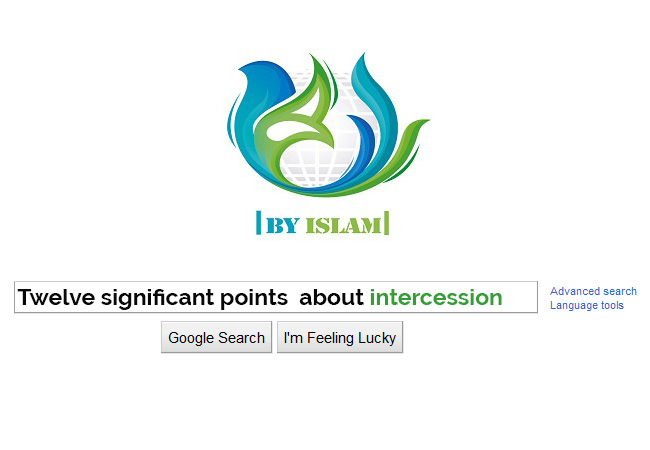Twelve significant points that you should know about intercession/5
 Shafa’a in the View of Intellect
Shafa’a in the View of Intellect
From the point of hadiths, validity of Shafa’a is definite and its rulings are clear; however, Muslim thinkers have mentioned rational justifications as well. Murtada Mutahhari wrote,
“Even if there was no traditional justification for Shafa’a, we had to justify it using intellect and rational arguments such as the argument of Imkan Ashraf [the Possibility of the Superior] and the nature of organizational creation. When a person accepts the existence of God’s forgiveness, definite rational principles make him say that forgiveness needs to flow through a total intellect or soul, i.e. the intellect and soul of one who has the position of total divine Wilaya; and it is not possible that God’s mercy reaches creation without order.”[1]
From intellectual point of view, Shafa’a is flowing in the creation and is the requirement of the system of causality.
Rational justification is based on two criteria:
- The general mercy of God: God’s mercy is general and reaches all creatures. And if a creature receives a smaller proportion of divine mercy, it would only be due to his own incompetence. Basically, no creature can ever reach happiness and success alone without divine mercy or rescues punishment.
- Organizational nature of world: from rational viewpoint, the world has an organization and hierarchy. This system of hierarchy is the very same system of causality. Material needs of human being are fulfilled through a chain of natural causes which all effect by the permission of God.[2]
Even though mercy and forgiveness of God is general but it is not excluded from this law and they are impossible to reach the creation without means and this is true about all kinds of divine mercy. For example, revelation which is an instance of God’s guidance and mercy is not received by all human beings, but only certain people receive it and other people benefit from it through these people; because no one other than prophets (s) has such a competence to be directly addressed by God. And this is that very hierarchical system of creation. Or for another example, when Istisqa prayer [prayer requesting rain] is made, it is not that it rains without any change in the weather; but due to the Istisqa prayer, God provides all the causes and means of raining including the wind and condensation of clouds.[9] The same way as the Istisqa prayer causes that the requirements for raining are provided, Shafa’a, repentance and such cause a change in the states of the sinner so that he acquires the competence for forgiveness, decrease of punishment or promotion.[3]
The position of Shafa’a in this system is that it promotes a person’s competence so that he can more benefit from God’s general mercy. It is due to this rationality that if a one lacks perfection, it needs to acquire that perfection from a source of perfection and if it does not have the competence to receive perfection, it needs to develop its competence to necessary level. Such an action not only breaks no rule but it is in fact what rationality requires.
Therefore, Shafa’a about a person does not imply that while he is incompetent and lacks the requirements, Making Shafa’a will be accepted about him; also, Shafa’a in legislation does not mean to cancel the law and not applying the law about that wrongdoer who is deserved to be punished; rather, Shafa’a means to make such a change in that person so that he would not deserve punishment anymore and he will be excluded from that law of punishment, the same way repentance rescues a person from punishment and makes him deserved of God’s forgiveness. Therefore, it is mentioned in hadiths that Shafa’a is the best of Shafi’ [intercessor].[4]
In other words, the essential difference between the true Shafa’a with a false one is that true Shafa’a initiates from God and ends with the sinner and intercessor is only the means of delivering God’s mercy to lower levels; however, in in false Shafa’a, like favoring someone, the wrongdoer without having the required competence and only through relation requests for something.
[divider]
1)Mutahhari, ‘Adl-i ilahi, p.253
2)Mutahhari, ‘Adl-i ilahi, p.232-236
3)Qur’an, 30:48
4)Jawadi, Tasnim, vol.4 p.262
5)Jawadi, Tasnim, vol.4 p.262



